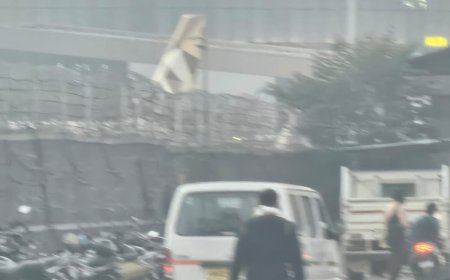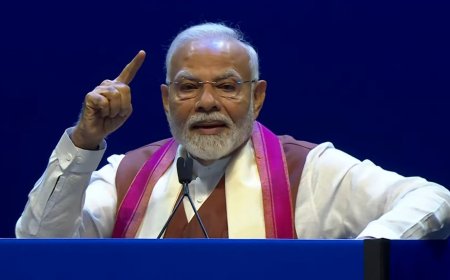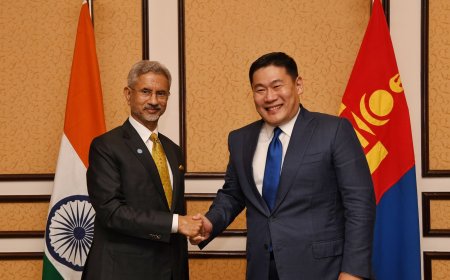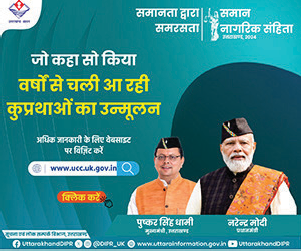Shillong,The Meghalaya High Court is deliberating on a contentious petition challenging a recent sanction order issued against Karnataka Chief Minister Siddaramaiah. The order, communicated to the Chief Secretary on August 17, 2024, has been criticized by Siddaramaiah as being issued without proper consideration, in violation of statutory mandates, and contrary to constitutional principles.
The dispute centers on Rule 10(2) of the Assam Rifles Rules, 2010, which forbids personnel from contracting a second marriage during the lifetime of their first spouse. The petition argues that the sanction was issued without a thorough examination of the case and disregarded the binding advice of the Council of Ministers, as stipulated under Article 163 of the Constitution of India.
Senior Advocate Abhishek Manu Singhvi, representing Siddaramaiah, argued that the Governor’s sanction order was a brief, two-page document that lacked detailed reasoning and did not reflect an informed decision. Singhvi contended that the Governor selectively addressed one of several pending complaints, undermining the Cabinet’s recommendation against the sanction. “The Governor’s order is an attempt to destabilize the Karnataka government for political reasons,” Singhvi asserted.
The petition claims that the sanction order was tainted with mala fides and was part of a broader effort to undermine the elected government of Karnataka. Singhvi emphasized that the alleged corruption took place during the tenure of a previous administration and that Siddaramaiah was not involved in the transactions under scrutiny. He further criticized the Governor for failing to follow precedents set by the Supreme Court, specifically referring to the Nabam Rebia case.
The controversy also involves procedural aspects of the sanction. Singhvi argued that the Governor’s action violated Section 17A of the Prevention of Corruption Act and did not meet the necessary conditions for granting sanction. He highlighted discrepancies in the timing and nature of the complaints and questioned the Governor’s refusal to consider the Cabinet’s denial of sanction.
Solicitor General Tushar Mehta, representing the Governor, defended the sanction, suggesting that while the Governor is generally bound by the Cabinet’s advice, exceptions exist for cases involving high-level officials. Mehta argued that the Governor’s decision was justified given the prima facie evidence of offences and the need for an impartial investigation.
The Bench noted that while the Governor has the authority to grant sanction, such decisions must be well-reasoned. The Court has temporarily halted proceedings before the special court, pending a decision on interim relief, to prevent any actions that could impact the High Court’s review.
The case has drawn attention due to its implications for the separation of powers and the functioning of democratic institutions in Karnataka. Siddaramaiah’s tenure as Chief Minister has been marked by significant welfare initiatives, including the Anna Bhagya and Ksheera Bhagya schemes, which have garnered considerable public support.
The petition seeks to quash the sanction order and stay its operation, arguing that it undermines the democratic process and the will of the electorate. The outcome of this case will likely have significant repercussions for the governance and political landscape in Karnataka.



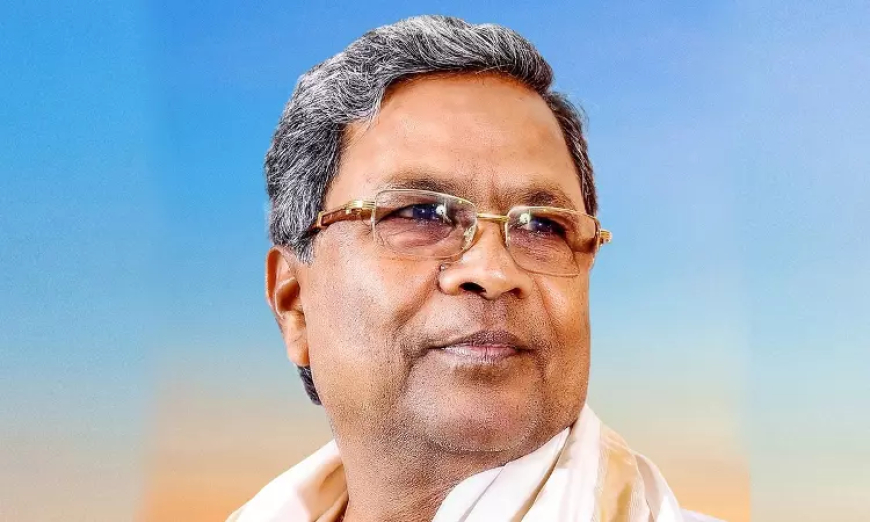
 Previous
Article
Previous
Article



